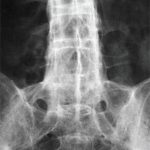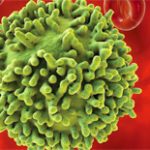CHICAGO—A lupus expert recently issued a call for action to improve outcomes of lupus clinical trials, a field that has had so many failed potential therapies that he said it seems to be “cursed.” Richard Furie, MD, chief of rheumatology at Northwell Health in New York, said at the ACR’s 2016 State-of-the-Art Clinical Symposium that…







